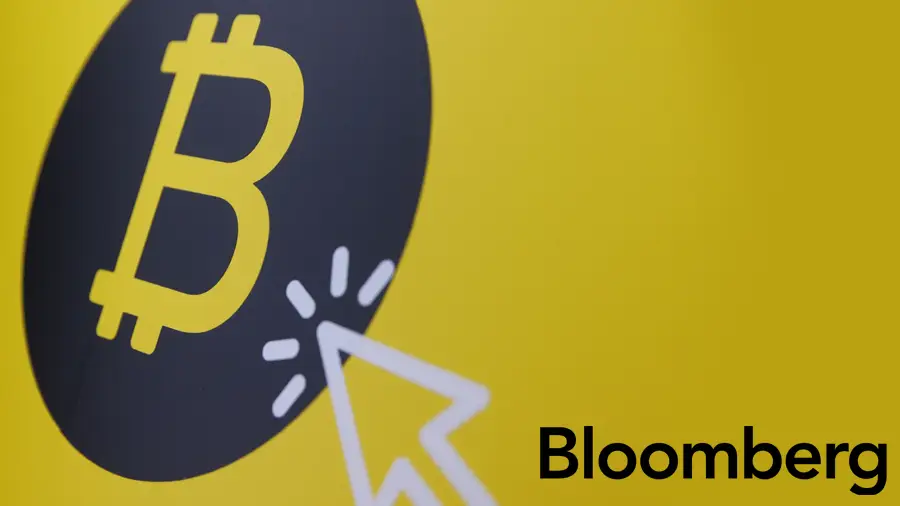The European Central Bank (ECB) aims to roll out a digital euro by 2029, provided that the necessary legal framework receives approval, according to a report by Bloomberg citing sources familiar with the project.
ECB staff will continue technical preparations after the current phase concludes at the end of October. The digital euro initiative has been under discussion since 2020, with formal groundwork beginning in late 2023. Key next steps are expected to be finalized at a meeting in Italy, where ECB officials hope to secure political backing.
If progress continues as planned, this meeting could pave the way for legislative approval within the next four years. However, the project still faces political and industry resistance. European lawmakers and commercial banks remain divided, raising privacy and competition concerns about the potential impact of a central bank digital currency (CBDC).
The draft legislation is currently under review by the European Parliament, but experts note that political divisions and the 2024 EU elections have slowed the process. According to ECB board member Piero Cipollone, consensus on the legal framework might not be reached until mid-2026.
Cipollone emphasized that the digital euro would guarantee Europeans secure, free, and resilient digital payments, even during crises such as wars, infrastructure failures, or cyberattacks.
While the EU continues to debate the project, only a few nations have successfully launched their CBDCs. Data from the Atlantic Council shows that Nigeria, the Bahamas, and Jamaica are the only countries with active central bank digital currencies, while 49 others remain in pilot stages.
Research from the Human Rights Foundation suggests CBDCs could improve financial inclusion and transaction efficiency, but also warns of privacy risks and potential state overreach.
Despite the controversy, the ECB views the digital euro as a strategic tool to strengthen Europe’s financial sovereignty and reduce reliance on private stablecoins. Bloomberg analysts note that the initiative could position the EU as a global leader in central bank–issued digital money.


